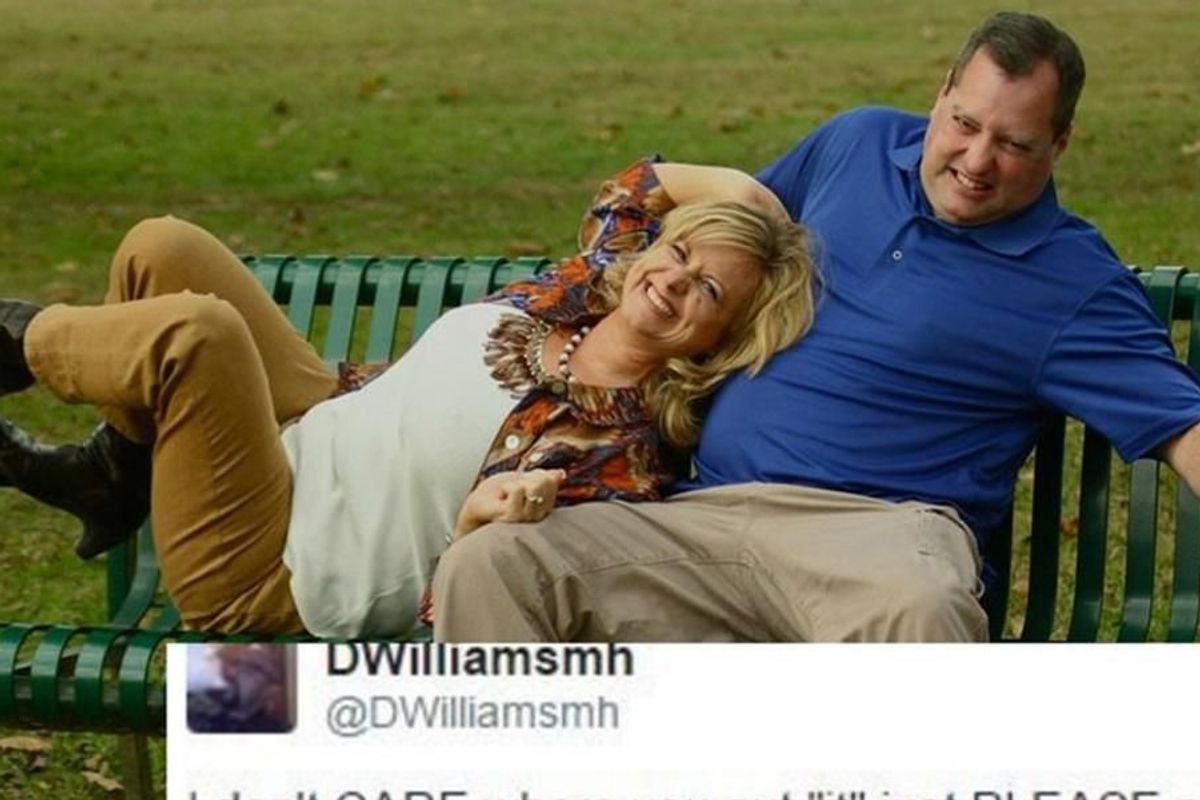Family
15 tweets that only married people will understand
Even the perfect marriage (if that exists) would have its everyday frustrations.
10.19.24
Photo from Twitter.
A typical... frustrating day.
Being married is like being half of a two-headed monster. It's impossible to avoid regular disagreements when you're bound to another person for the rest of your life.
Even the perfect marriage (if there was such a thing) would have its daily frustrations. Funnily enough, most fights aren't caused by big decisions but the simple, day-to-day questions, such as "What do you want for dinner?"; "Are we free Friday night?"; and "What movie do you want to see?”
Here are some hilarious tweets that just about every married couple will understand.
















